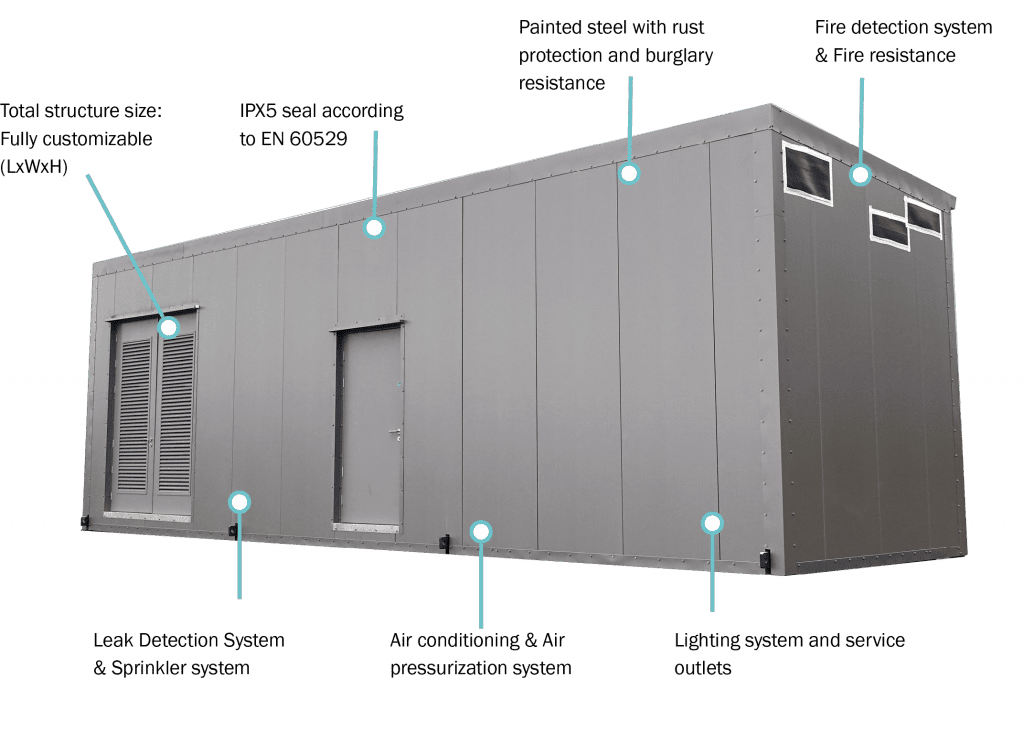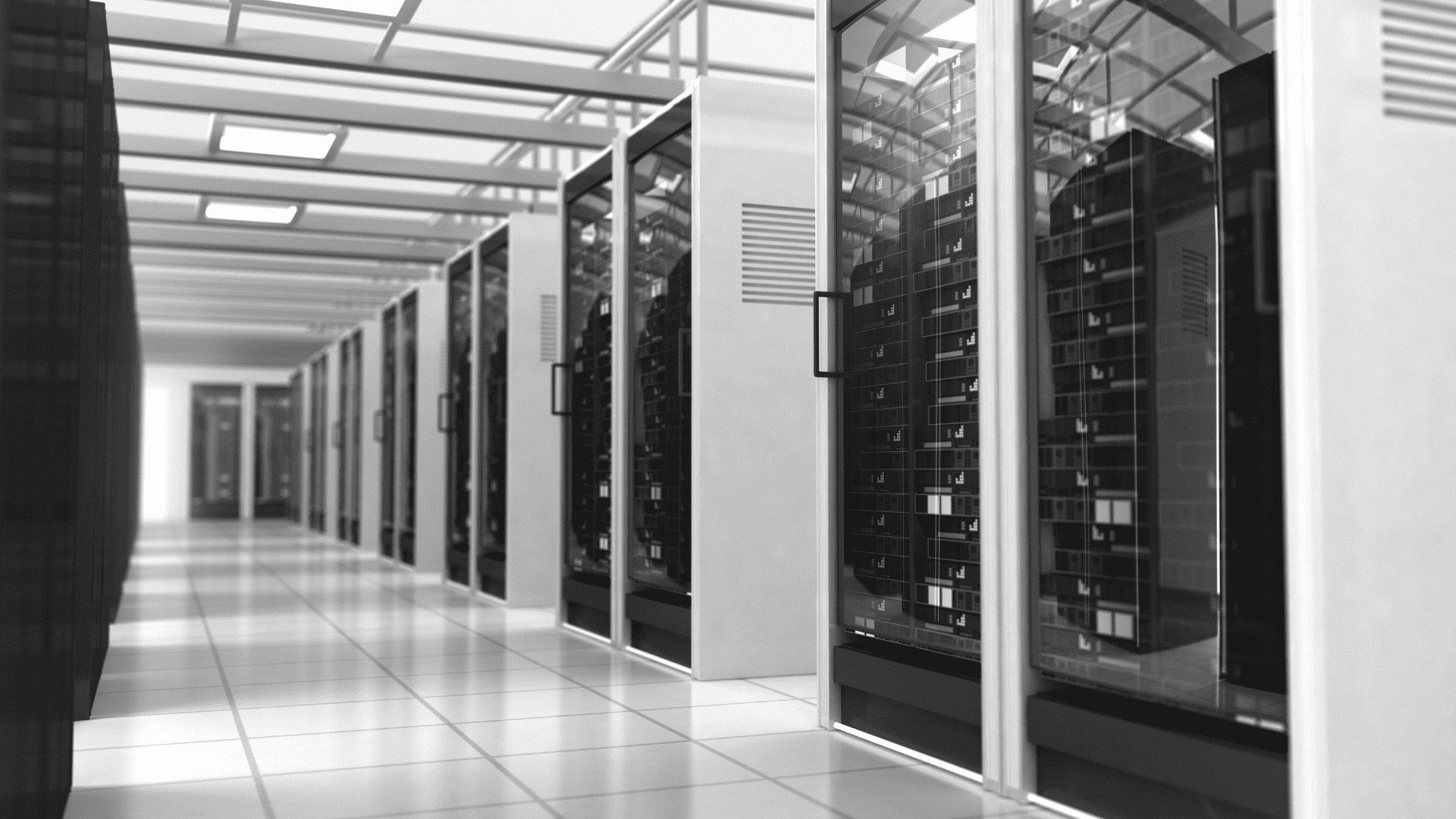The future of data centers is expected to be shaped by several key trends and developments, driven by the increasing demand for digital services, data storage, and processing capabilities. Here are some aspects identified by TES that are likely to define the future of data centers:
AI and Automation: Artificial intelligence and automation will play a significant role in optimizing data center operations. AI-driven analytics can enhance efficiency, predict maintenance needs, and improve overall performance.
Overcome Supply Chain Issues: To ensure the future of data centers remains resilient and adaptable, proactive measures such as diversifying suppliers, implementing robust inventory management systems, and fostering collaboration across the supply chain will be essential in overcoming potential disruptions.
Edge Computing: As the Internet of Things (IoT) continues to grow, data centers will increasingly need to support edge computing, enabling faster data processing at or near the data source. This will reduce latency and improve real-time decision-making.
5G Integration: The rollout of 5G networks will significantly impact data centers. Data centers will need to accommodate the increased volume of data generated by 5G-connected devices, as well as provide low-latency services to support emerging applications like autonomous vehicles and augmented reality.
Sustainability and Green Data Centers: The push for sustainability and environmental responsibility will lead to the development of more energy-efficient, eco-friendly data centers. This includes the use of renewable energy sources, advanced cooling techniques, and reduced carbon footprints.
Modular and Prefabricated Data Centers: Modular data center designs, which can be quickly deployed and expanded, will become more popular due to their flexibility and scalability. Prefabricated data centers offer shorter construction times and lower costs.

Quantum Computing: As quantum computing technology matures, data centers may need to adapt to accommodate the unique infrastructure and cooling requirements of quantum processors, which operate at extremely low temperatures.
Hybrid and Multi-Cloud Environments: Organisations will continue to adopt hybrid and multi-cloud strategies, leading to the integration of on-premises data centers with public and private cloud services. Data centers will need to support seamless data transfer and management across these environments.
Advanced Security Measures: Data center security will remain a top priority. New technologies like homomorphic encryption and improved threat detection systems will be integrated into data center designs to safeguard critical data and infrastructure.
Data Center Connectivity: High-speed, low-latency connectivity options will become even more crucial, and data centers will need to be strategically located to leverage these connections effectively.
Data Center-as-a-Service (DCaaS): The concept of DCaaS is likely to evolve, offering more flexible and scalable data center solutions for businesses, enabling them to outsource their data center needs.
Regulatory Compliance: Data centers will need to continually adapt to changing data privacy and regulatory requirements, such as GDPR, HIPAA, and evolving data protection laws.
Liquid Cooling: With the increasing power density of servers and processors, liquid cooling solutions are gaining traction as an efficient way to manage heat in data centers.
Evolving Hardware: New hardware technologies, including faster CPUs, GPUs, and AI accelerators, will influence data center architecture and resource allocation.
Data Center Resilience: Ensuring high availability and resilience through advanced redundancy and fault-tolerant designs will continue to be a priority.
New Storage Solutions: Emerging storage technologies like Storage-Class Memory (SCM) and Non-Volatile Memory Express (NVMe) will offer faster and more reliable data storage options.
The future of data centers is marked by their adaptability, sustainability, and integration with emerging technologies. As the digital landscape evolves, data centers will play a critical role in supporting the growing demands of businesses and consumers for reliable, high-performance data processing and storage. TES continues to monitor and stay on trend with the growing Data Centre Industry while meeting the expanding expectations of our clients.
If you have questions regarding your future Data Centre Project and wish to discover how TES can help you with your switchboard requirements, Contact Us Today.

